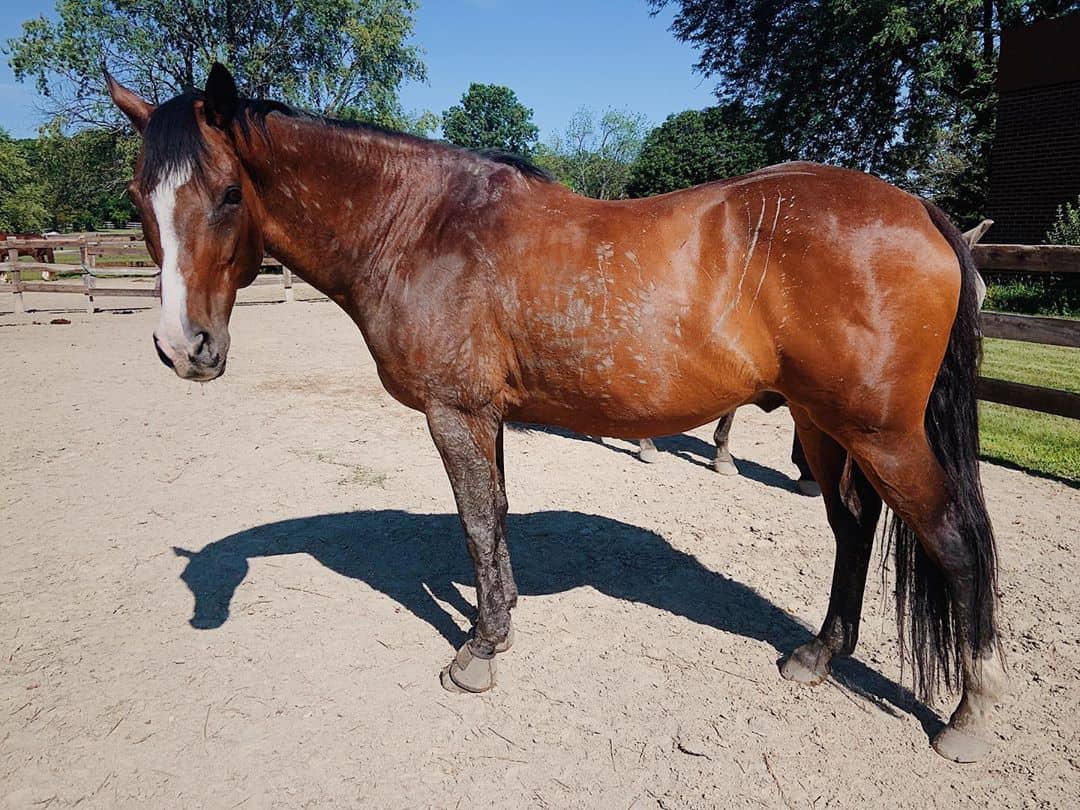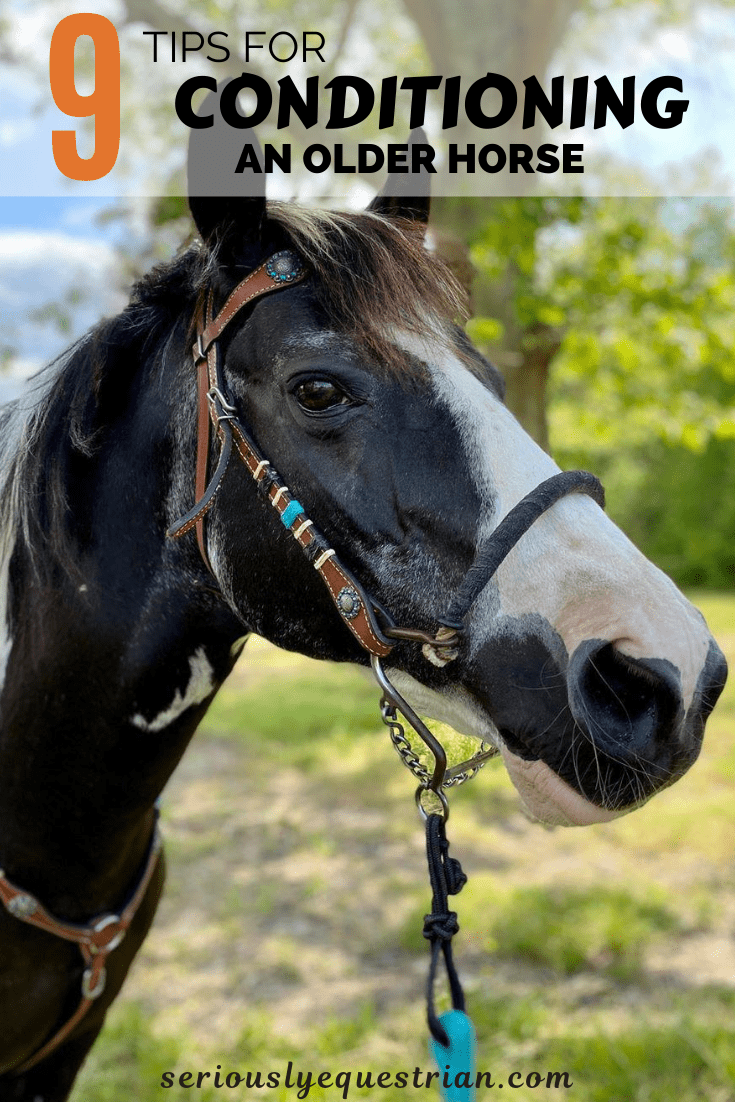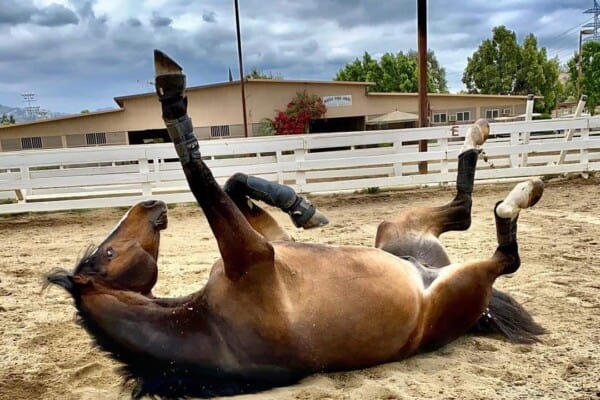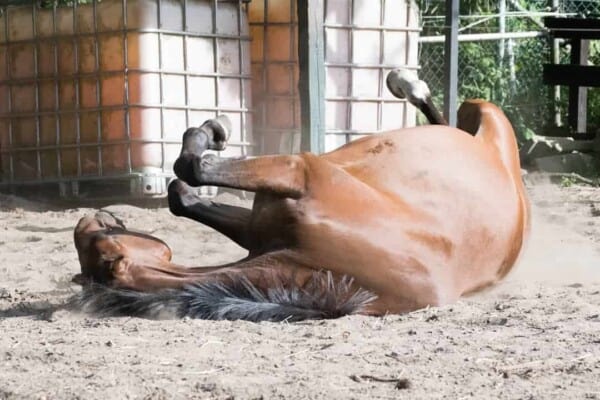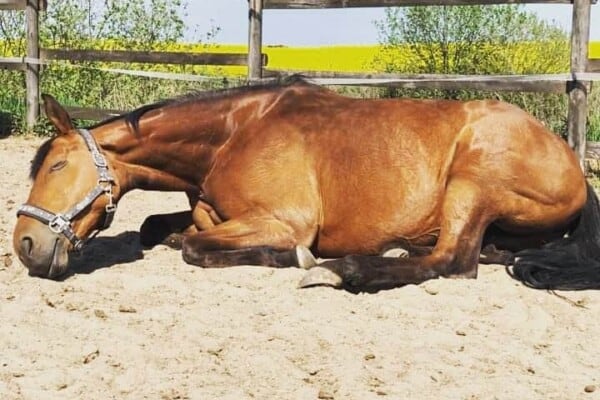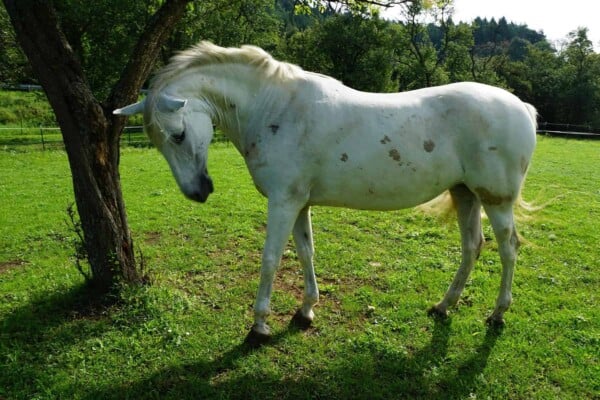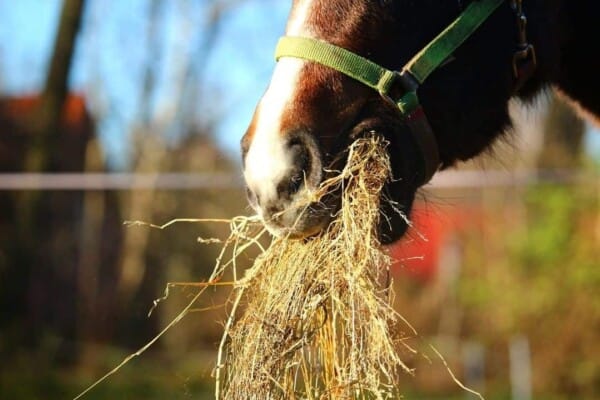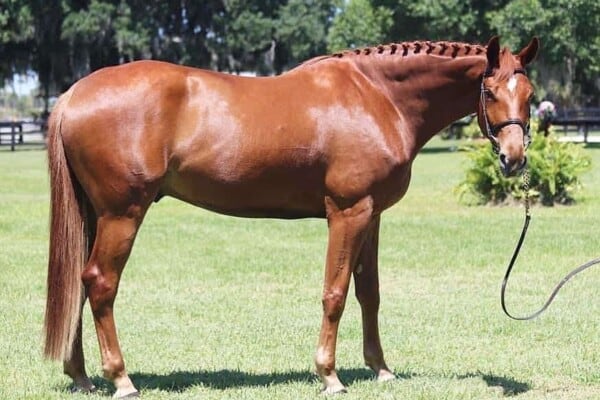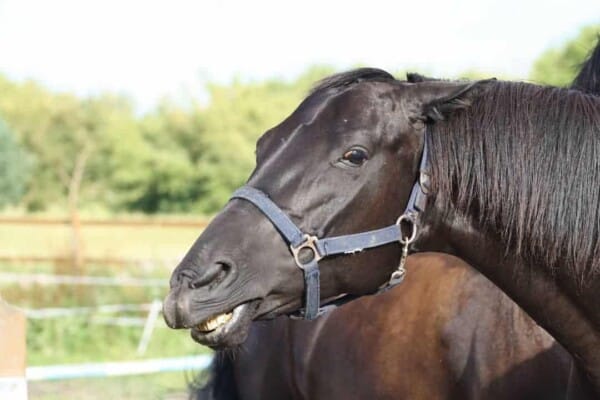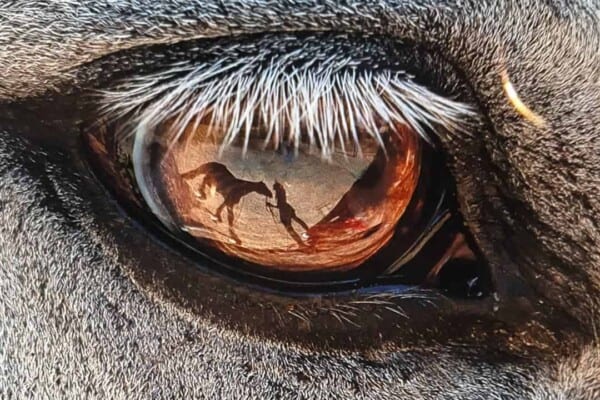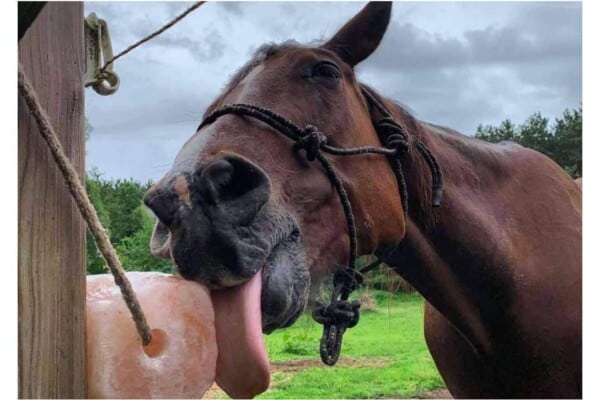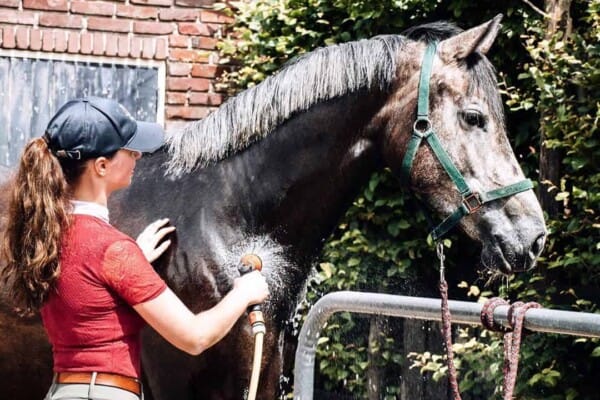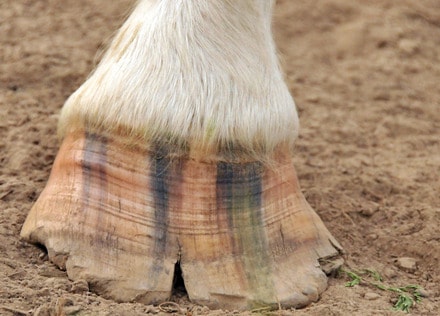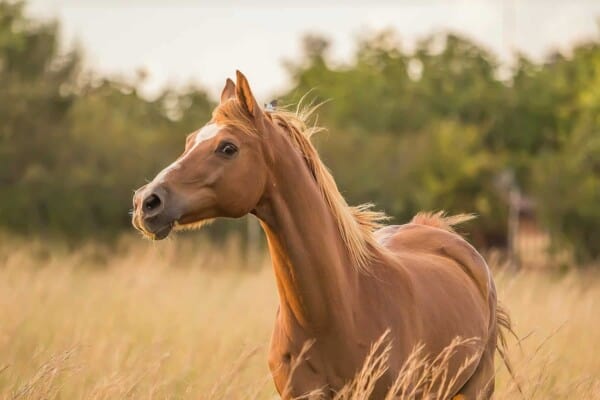If you have purchased or own a senior horse and are hoping to improve their overall conditioning then it is important to have a plan. This is because they have a different set of needs and requirements than younger horses and any program for conditioning should take this into account. Most of this approach is common sense but it does help to have some knowledge to ensure that your horse stays healthy. If you are unsure about where to begin then consulting with a vet or someone with a bit more experience is always a good place to start.
Here are my own top tips for conditioning a senior horse:
1. Start Slow
It is imperative that any conditioning plan for a senior horse starts out slow. Even if the horse appears to be in good spirits and relativity fit it is a good idea to start with a cautious approach in order to protect against lameness. Begin with some lunge line work for relatively short periods for the first couple of weeks. After this you can slowly increase the amount and time and intensity until a point when you feel they are ready for a bit more variety.
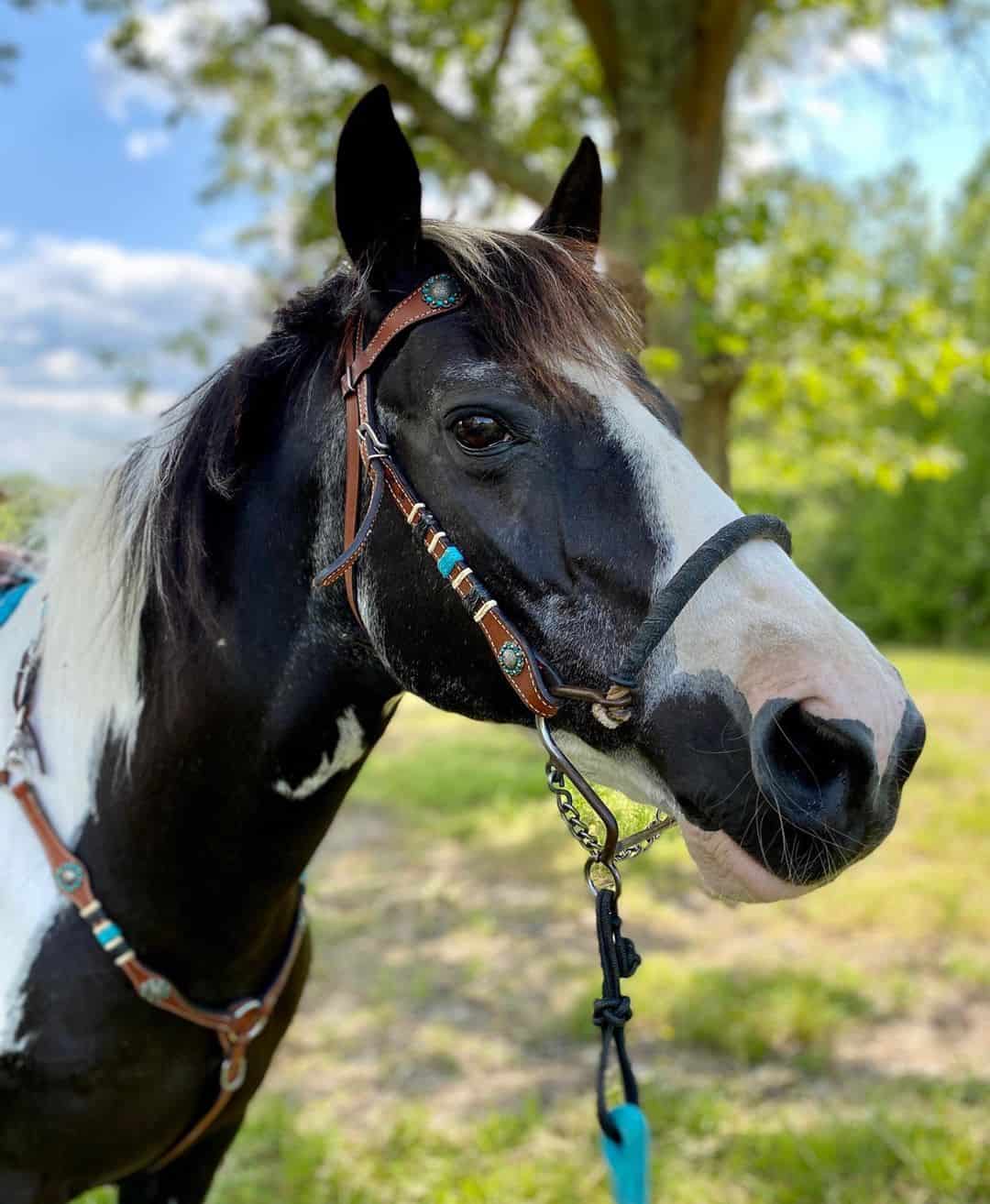
2. Ensure a Balanced Diet
Monitoring and maintaining a good diet is essential when conditioning an older horse. As horses age (especially warm bloods) they are more likely to suffer from metabolic diseases such as equine Cushing’s disease. A balanced diet will ensure that they have good energy and are getting all the nutrients they need for their recovery.
3. Get them Out of the Stalls
Ideally an older horse should have plenty of space in their stalls that allows them to move around freely. Even if this is the case it is important to ensure senior horses get adequate turnout to ensure that they keep moving. When turning out you should also incorporate lunging, hand walking, and using a mechanical walker if you have access to one. These activities will keep the horse supple and will help avoid stiffness and injuries as their conditioning program proceeds.
4. Mix it Up!
Older horses can be a lot like humans and can quickly become bored of the same old type of work. A good way to deal with this is to mix up the type of work that you are ask them to do. This is also a good way of avoiding injury as repetitive exercise can lead to excess strain on the joints, tendons, and ligaments. Different ground round work exercises and jumping are great ways to keep your horse sharp. Just be careful that any new requests are relatively simple at first and that you are not asking too much too soon.
5. Provide Sufficient Recovery Time
Just like humans older horses will need a bit more time to recover. Muscle fibers do not repair at the same rate as when they were young horses and they will get stiff and sore as the amount of work increases. Keep a close eye and tailor the amount of work accordingly if you feel they need more time for recovery. Body soreness, pinned ears and other signs of pain or discomfort may be a sign of a horse who’s working too hard.
6. Support joint health.
Overall joint health can have a huge impact on the quality of life of a senior horse. If a horse has previous injures or even just signs of wear and tear it can be sufficient to slow training and make even the simplest hack a painful and uncomfortable experience. Avoiding large quantities of heavy work is the best way to protect joint health.
In order to protect your senior horses, any conditioning program should be made up of a refined work program that is balanced and considerate of the horse, their limitations based on their age, and starting level of fitness. Depending on the horse they may also require a supplement. Glucosamine is a popular supplement for joint health but you should consult your vet for their expert opinion first.
7. Ensure Good Hoof Health
Hoof health is essential if you want your older horse to get into good condition. There are many different elements to good hoof health including, correct trimming, good nutrition, daily foot care, and having a clean stall.
Out of all these areas, regular trimming by a good farrier is the most essential as it minimizes any potential strain and discomfort. This is even more important for older horses who may have discomfort from old injuries or arthritis.
Good nutrition is also very important for hoof health. Your horse may also require a supplement to ensure they get all the necessary nutrients. Finally you should pick out your older horses hooves daily which will help to enforce the habit of allowing their feet to be lifted and handled.
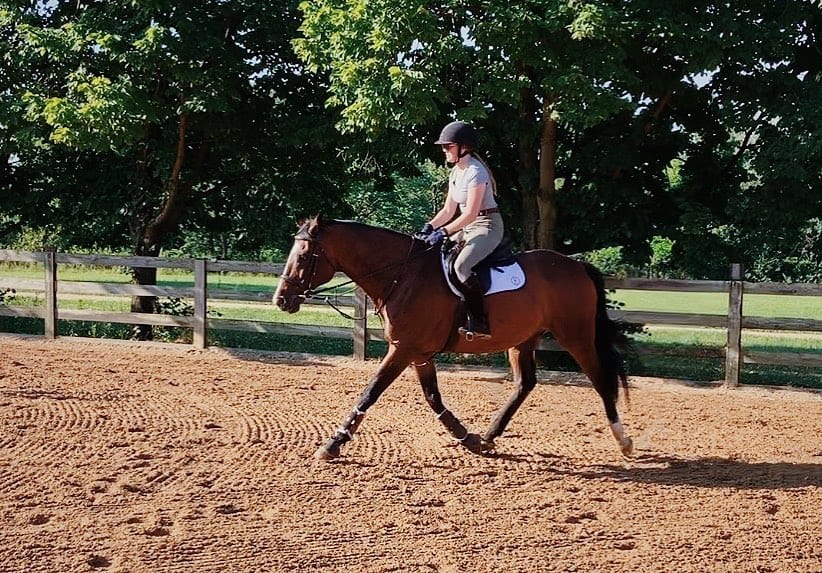
8. Schedule Regular Check-Up
Scheduling regular checks up for your senior horse is a good idea anyway but it is even more important when returning them to work. They are at a higher risk for issues with joints, eyes, tendons ligaments. A regular check up will help you catch any issues early and will hopefully allow early intervention or advice that ensures they can keep stay working.
9. Warm Up and Cool down
A proper warm-up and cool-down session are extremely beneficial for a horse’s mental and physical well-being, They should both be done in a slow and controlled manner and be part of the routine every time.

